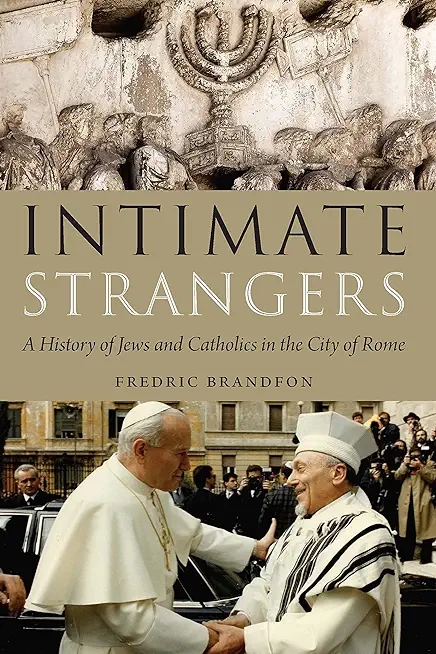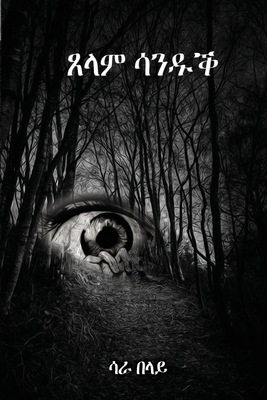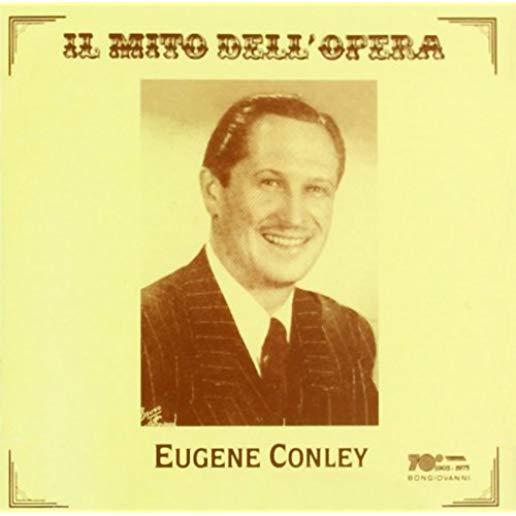
Brandfon, Fredric
product information
description
7The Jewish community of Rome is the oldest Jewish community in Europe. It is also the Jewish community with the longest continuous history, having avoided interruptions, expulsions, and annihilations since 139 BCE. For most of that time, Jewish Romans have lived in close contact with the largest continuously functioning international organization: the Roman Catholic Church. Given the church's origins in Judaism, Jews and Catholics have spent two thousand years negotiating a necessary and paradoxical relationship. With engaging stories that illuminate the history of Jews and Jewish-Catholic relations in Rome, Intimate Strangers investigates the unusual relationship between Jews and Catholics as it has developed from the first century CE to the present in the Eternal City. Fredric Brandfon innovatively frames these relations through an anthropological lens: how the idea and language of family have shaped the self-understanding of both Roman Jews and Catholics. The familial relations are lopsided, the powerful family member often persecuting the weaker one; the church ghettoized the Jews of Rome longer than any other community in Europe. Yet respect and support are also part of the family dynamic--for instance, church members and institutions protected Rome's Jews during the Nazi occupation--and so the relationship continues. Brandfon begins by examining the Arch of Titus and the Jewish catacombs as touchstones, painting a picture of a Jewish community remaining Jewish over centuries. Papal processions and the humiliating races at Carnival time exemplify Jewish interactions with the predominant Catholic powers in medieval and Renaissance Rome. The Roman Ghetto, the forcible conversion of Jews, emancipation from the Ghetto in light of Italian nationalism, the horrors of fascism and the Nazi occupation in Rome, the Second Vatican Council proclamation absolving Jews of murdering Christ, and the celebration of Israel's birth at the Arch of Titus are interwoven with Jewish stories of daily life through the centuries. Intimate Strangers takes us on a compelling sweep of two thousand years of history through the present successes and dilemmas of Roman Jews in postwar Europe.
member goods
No member items were found under this heading.
Return Policy
All sales are final
Shipping
No special shipping considerations available.
Shipping fees determined at checkout.







